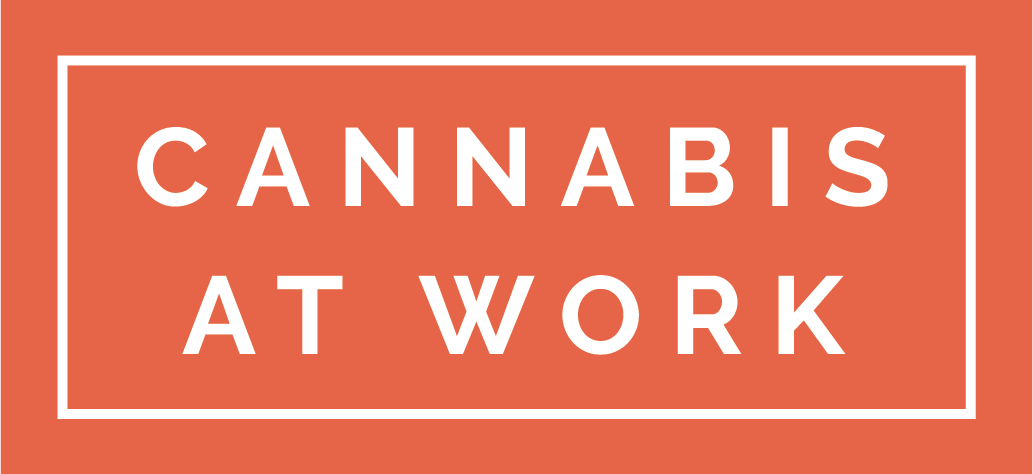If you are a child of the 80s, there is a good chance the movie Police Academy (and its sequels) played a role in your upbringing. It was funny, somewhat relatable and ubiquitous. (Also, who didn’t want to make amazingly realistic sounds like Cadet Larvell Jones.)
Well, sometimes life imitates art like it did last week in Toronto.
Two Toronto police officers decided it was a good idea to ingest cannabis edibles while on duty.
The edibles were part of the product confiscated as part of a Toronto Police Services’ bust of an illegal cannabis dispensary a few days earlier.
As they ingested the edibles, we can only assume that the edibles didn’t kick in so they decided to eat more.
And, this is where the story takes some interesting turns.
The two officers began to panic, hallucinate, or both - and called for help. The help came by way of a third police officer, who promptly slipped, fell, and hurt his head.
The upshot, three officers headed to the emergency room - two having a fairly predictable (albeit career-altering) edible experience and one with a head injury.
The story reads as the stuff of a slapstick comedy, but there are three important lessons that we all can and should learn from this episode.
1. Consumers Need More Education The path forward to legalization must be coupled with an increase in trusted and targeted education that reaches across all demographics and ages. Within that education campaign there are several key messages that public health and the cannabis industry needs to convey. The first, is that not all cannabis strains or products are the same - and if you have not used cannabis in a decade or two (or three) - you are in for a surprise. The cannabis on the market now is stronger, more pure and more powerful than it once was. It’s essential that the industry conveys that with recreational cannabis, Canadians need to ease into the new cannabis reality, gradually and with caution. What it’s clear is that the public is expecting more from the industry. In our recent research, Business of Cannabis found that only 14 percent of Canadians felt that the industry was doing enough to ensure safe and responsible usage.
The industry could do more, but if you are going to use for the first time in years or decades, take...it...slow. Please.
2. Workplaces Need Education Both medical cannabis and the move to recreational cannabis requires employers to expand their training programs and employee dialogue. New safety regulations, new work policies on events, sensitive training and other new additional policies may be required.
The actions of these two officers were disappointing - but legalization also may not be as revolutionary as the worry. Already, $6 billion dollars was spent on illegal cannabis in 2017. What’s unknown as yet, is to what degree and how quickly will legalization start to change social and workplace norms.
However, what’s clear is that organizations are not ready and many are unsure on how to navigate the path forward. Business of Cannabis research suggests that 71 percent of workplaces felt they were unprepared for what legalization meant for them. Employers need to update their drug policies, train Supervisors on how to manage medical and recreational cannabis, and set expectations with employees on what legalization means - and what it does not. (No, you cannot smoke a joint on your coffee break - or consume an edible.) Then, communicate this far and wide within organizations - before summer 2018.
3. There Will Be More Bad Stories Luckily, there was only a minor head injury in the case of the Toronto Police Services story but bad stories are going to happen in the coming year and the industry needs to be prepared for how to handle this. Negative incidents are, of course, happening now related to impairment due to cannabis (and alcohol and opioids). Stories about people using cannabis irresponsibly will become more prominent as people procure it legally, from private and provincially-owned locations across Canada. Cannabis retailers will play an important role in cannabis education and their retail team members (often called “budtenders”) will be on the frontline, providing information to the public and enforcing the regulations. Prepare for these stories and know that personal responsibility is still the best public health and public safety defense.
While Toronto Police are the focus of Police Academy-esque and “stoner” jokes this week, we think everyone can learn a lesson from their mistakes and even better, use this incident to accelerate their own internal organizational and employee education plan.

